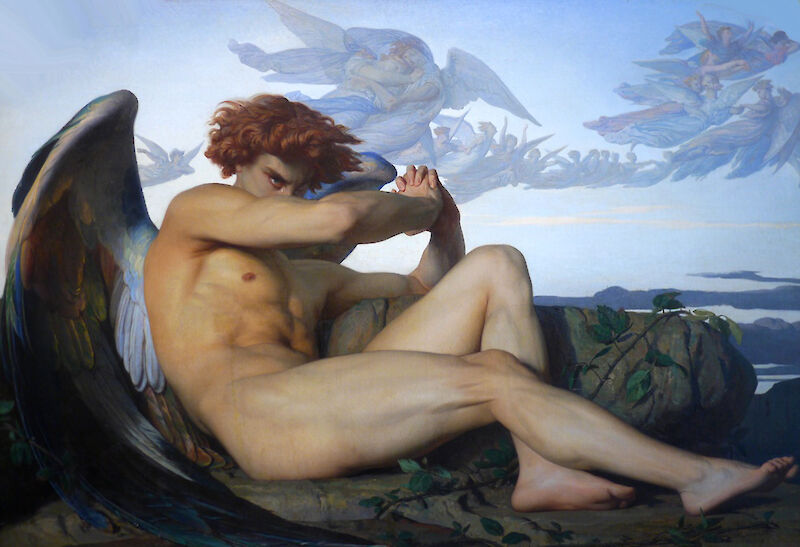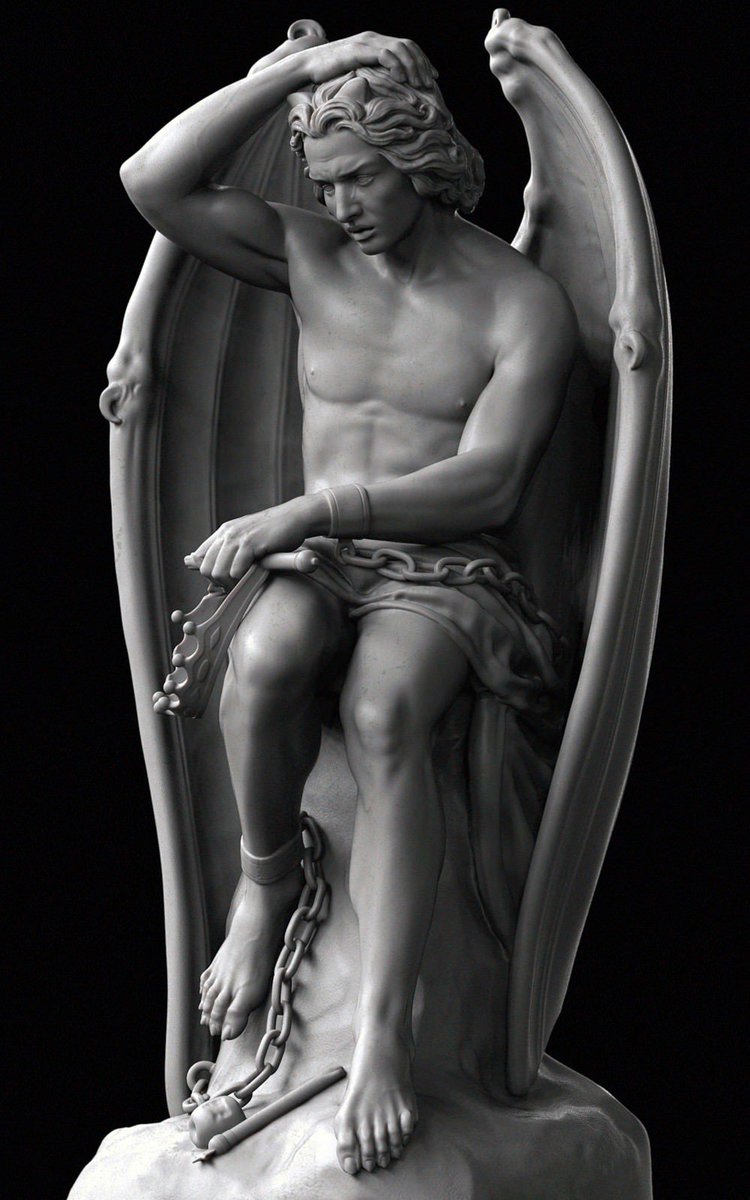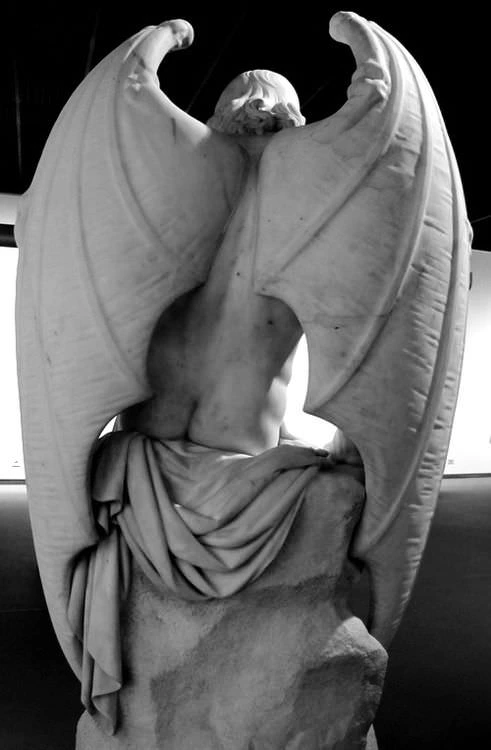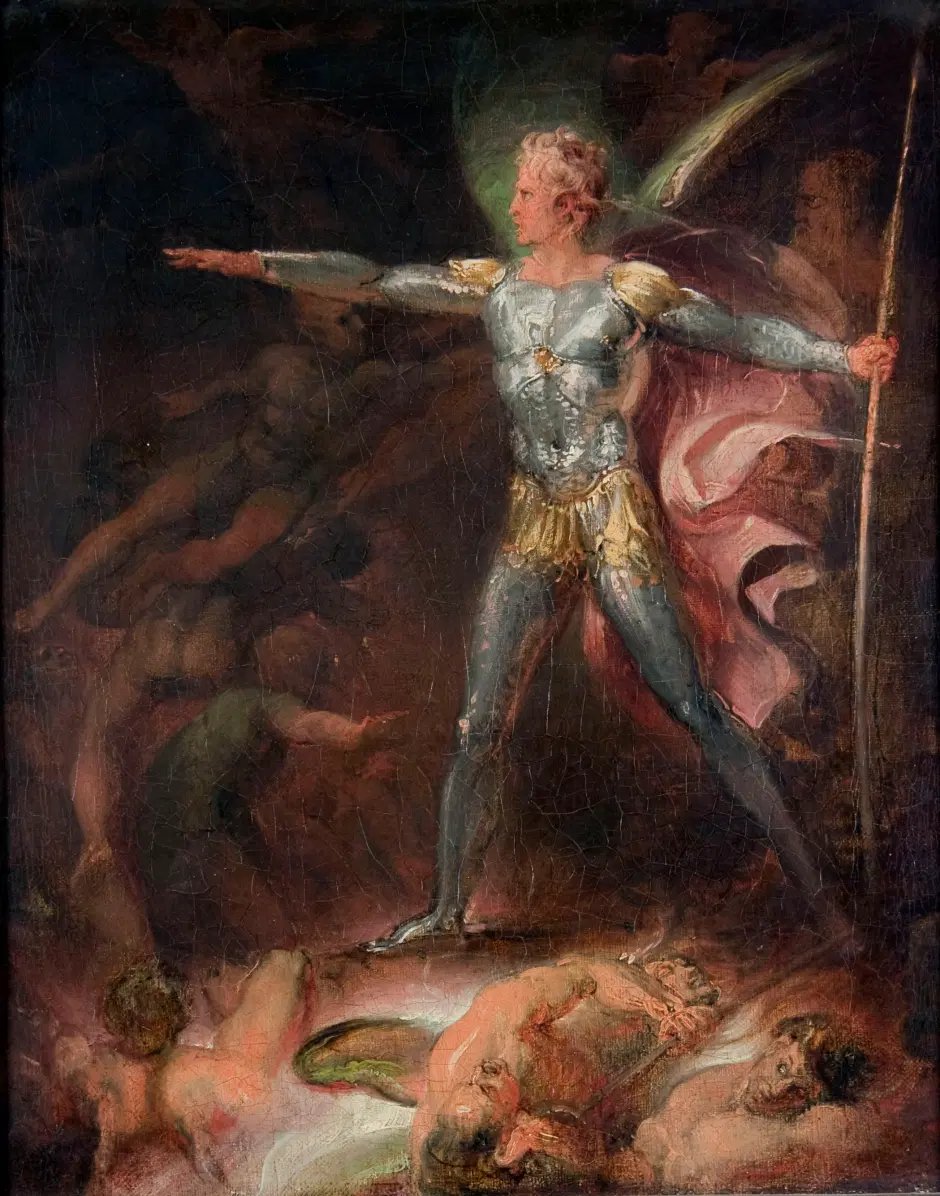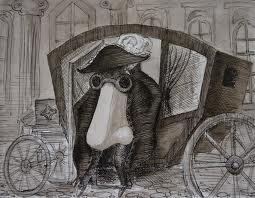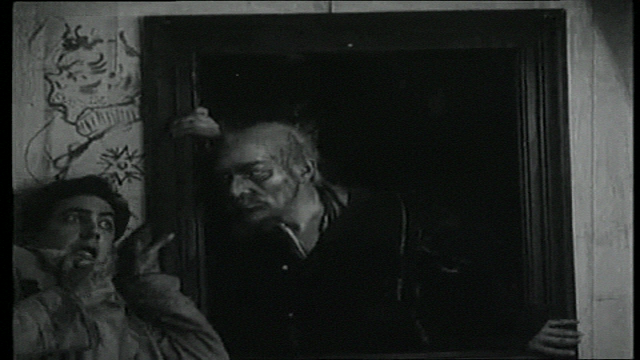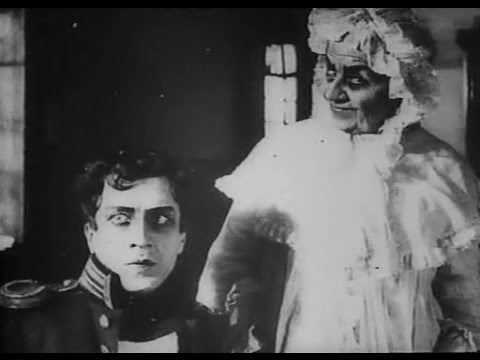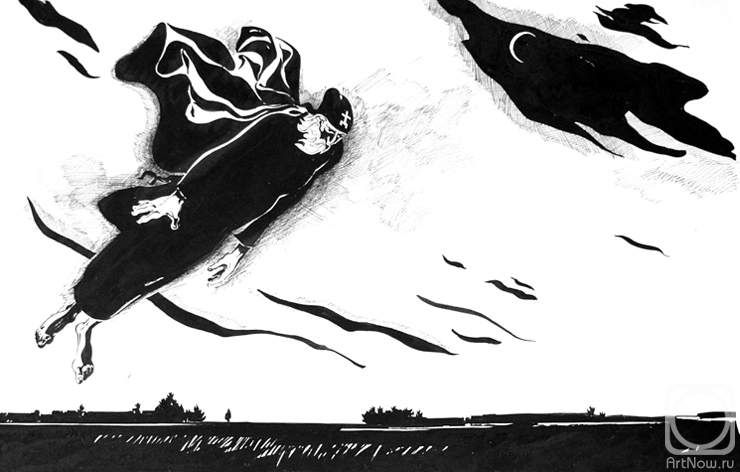
If I ever get to design a course at a university, I swear this to you: I will write a course with not one single sodding text that includes sexual abuse, assault, rape or coercion.
NOT. ONE.
NOT. ONE.
It'll be a little oasis module. Come in, come in and be safe, my lovelies. Will we still talk about big themes? Will we still have complex conversations? Sure. Will I ask you to read or watch sexual assault? No. No, I will not.
This message brought to you by my never having taught on a module that didn't have one or more texts featuring sexual assault.
I have had my first block (that I know about) thanks to this thread. I think I was civil and I won't retweet my reply because I don't want anyone to go for the guy, I think he was well-intentioned but misguided. I do think I it's worth addressing the key point for all.
If you are sadly tutting your head and muttering 'censorship' or if you are going a more performatively feminist route and pointing to all the texts by women that address these issues in meaningful ways, I would like you to stop for a second.
There are, at this point, millions of texts in the world. At university you study about 100 maximum. Whatever texts you pick, you are leaving others out. What you're choosing when you create courses is what you view as *important*, you are putting them forward as 'must reads'
Your selection from the millions of what it is necessary to read. Now you could meaningfully pick 100 texts that didn't include sexual assault in any form and still choose genre-defining, movement mapping, issue exploring texts. But I'm not even asking for that.
I am saying that in just one (at least one) of the many modules or courses you study at university, it would be nice to not include texts with sexual assault. Does that mean that we should look at texts which address sexual assault at all?
Does it mean that we shouldn't look at how women, queer people, male victims of assault have depicted, understood and narrated it in texts. How fears of it haunt so many genres? How experiences of it inform texts? Obviously not.
But what I want is for one module where we don't have to read it. We don't have to centre it. We don't have to view women through the lens of sexual assault. Where people can be safe from this often viscerally triggering content.
CW: Assault
If you are sitting there thinking that it's an important subject that people need to explore and we shouldn't organise any module ever in a way that excludes it, I want you to listen to the voices of the people replying to my tweet.
If you are sitting there thinking that it's an important subject that people need to explore and we shouldn't organise any module ever in a way that excludes it, I want you to listen to the voices of the people replying to my tweet.
CW: Assault
I want you to imagine that you are victim who has to confront their trauma over and over and over again in every single module. I want you to imagine how hard that is. I want you to imagine what that does to you. I want you to think about that.
I want you to imagine that you are victim who has to confront their trauma over and over and over again in every single module. I want you to imagine how hard that is. I want you to imagine what that does to you. I want you to think about that.
CW: Assault
I want you to think about me as I relive my past with every single module that I teach. I want you to think of me doing the best to support my students. I want you to imagine me staying up till 2/3/4 am because I can't get the texts I'm teaching out of my brain.
I want you to think about me as I relive my past with every single module that I teach. I want you to think of me doing the best to support my students. I want you to imagine me staying up till 2/3/4 am because I can't get the texts I'm teaching out of my brain.
I want you to sit with the toll that that takes on your students, on your colleagues, on your friends, on your family, on you.
I want you to take your ideas about censorship, about being performatively feminist. I want you to listen. I want you to show some humanity.
I want you to take your ideas about censorship, about being performatively feminist. I want you to listen. I want you to show some humanity.
And I want someone to let me make my sodding assault free module!
I should also note that those this thread is focusing on sexual assault, I absolutely believe the same things about other triggering content.
I also clearly need to add that if you think I'm silencing survivors by suggesting there should be one whole module in an entire university career which doesn't feature sexual assault, I am not. I am centring survivors in trauma informed pedagogy which suggests that including
texts which feature sexual assault to teach things like 'dramatic form', '19th century realism' or 'rhyme/metre' is unnecessary and can be both traumatic and harmful for students.
• • •
Missing some Tweet in this thread? You can try to
force a refresh

